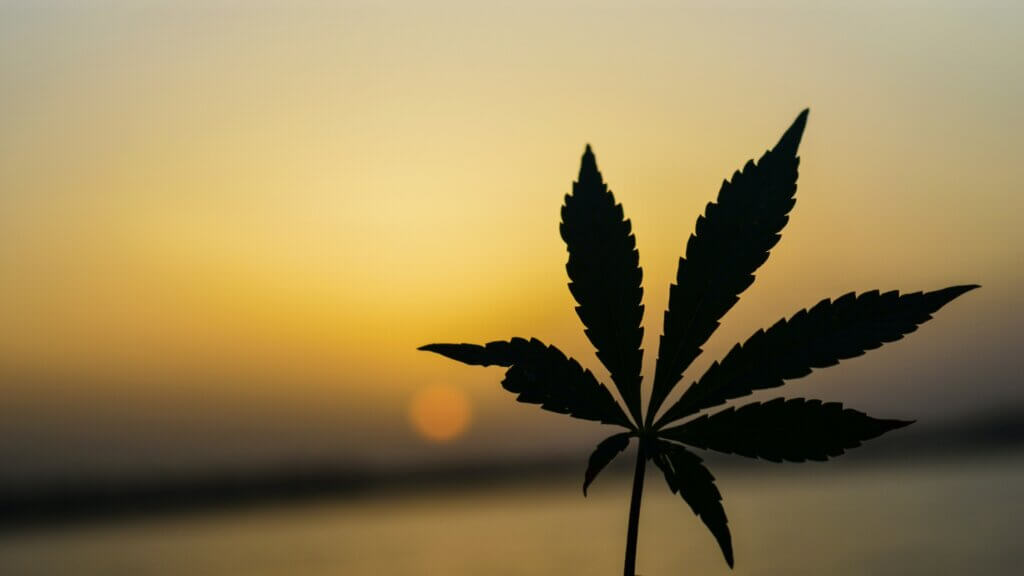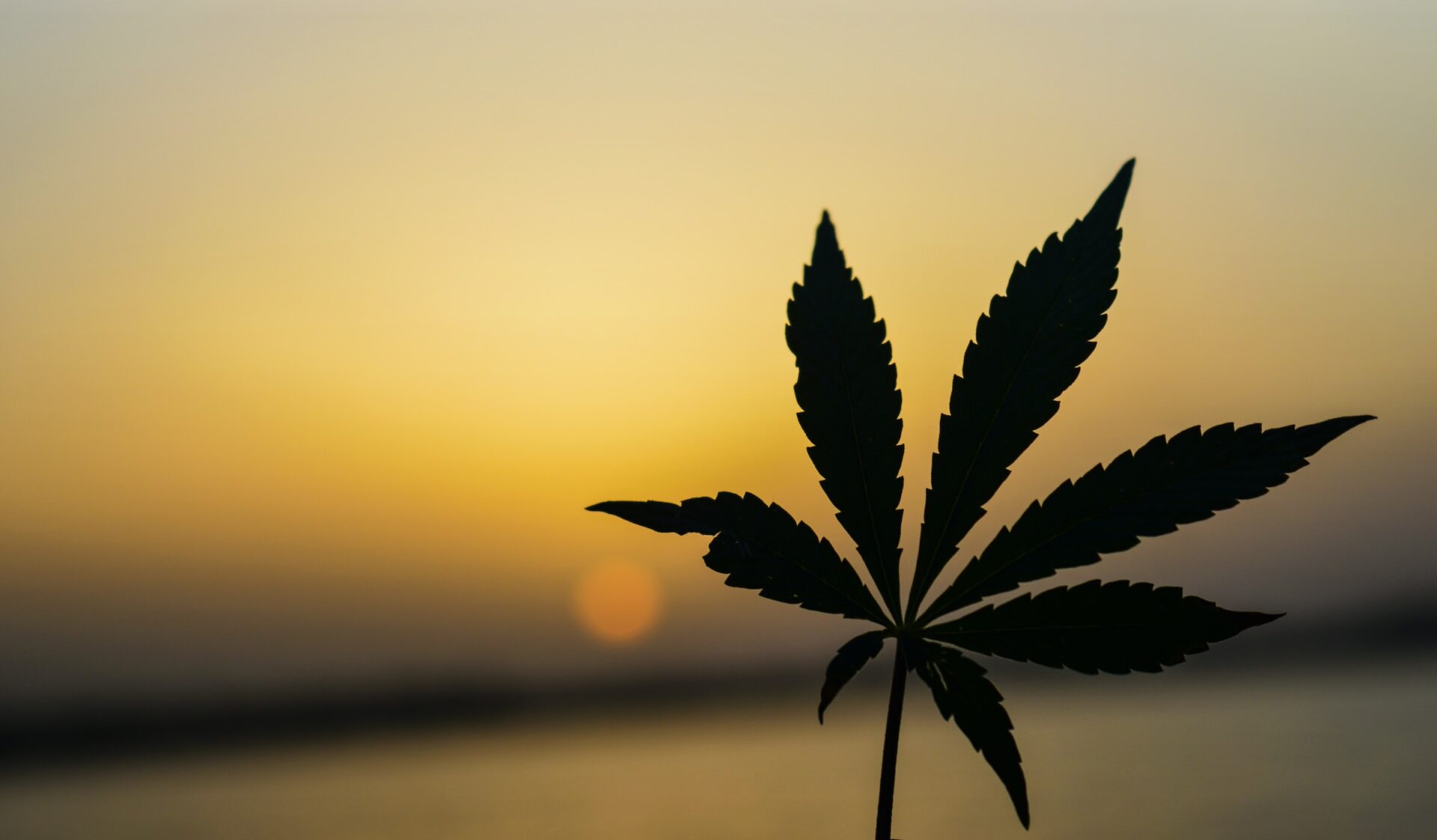Both CBD and Delta-8 are derived from hemp plants, and both have the potential to help people who suffer from anxiety.
But which is better for treating anxiety? Let’s find out.
What Is Delta-8?
Delta-8 is a naturally occurring compound found in the cannabis plant.
Also known as delta-8-tetrahydrocannabinol or simply delta-8 THC, this cannabinoid is somewhat similar to its more famous cousin, delta-9 THC.
However, it’s important to understand that these two compounds have some crucial differences.
Firstly, delta-8 is less potent than delta-9 THC. This means that it provides milder psychoactive effects, making it an attractive alternative for those who want therapeutic benefits without feeling overwhelmed.
Secondly, while both cannabinoids have various medicinal properties—like pain relief and anti-anxiety effects—delta-8 has shown potential for helping with nausea and stimulating appetite.
That aspect makes it especially appealing to cancer patients undergoing chemotherapy or individuals dealing with eating disorders.
Also, reports suggest that consuming delta-8 may lead to feelings of relaxation, focus, and an overall sense of well-being.
In addition to its renowned therapeutic benefits, delta-8 is also gaining attention from recreational users. Some choose it for its milder psychoactive properties.
What Is CBD?
CBD, or cannabidiol, is a naturally occurring compound found in cannabis plants, specifically the hemp variety.
Unlike delta-8 THC, CBD doesn’t produce psychoactive effects. Hence, it won’t get you “high.”
Thanks to its non-intoxicating nature and array of potential health benefits, CBD has gained significant popularity in recent years.
Research suggests that CBD may help with chronic pain, inflammation, anxiety, depression, and epileptic seizures.
Additionally, it’s becoming increasingly common as an ingredient in wellness products like oils, edibles, balms and creams.
Given its vast therapeutic potential and lack of mind-altering effects compared to THC-containing substances, CBD holds promise for both medicinal and recreational users alike.
The Legality of Delta-8 and CBD
One factor to remember when deciding between CBD and delta-8 is product accessibility.
While CBD products have seen widespread legalization and availability in many countries, delta-8 THC regulations differ from country to country, and from state to state in the US.
Many US citizens can check out Hometown Hero’s delta-8 tincture, for instance, and purchase delta-8 products legally while citizens in the UK, for example, cannot buy delta-8 legally. However, UK residents can buy CBD products legally.
Is CBD or Delta-8 Better for Helping Anxiety?
CBD and Delta-8 both have unique properties that may be beneficial for individuals experiencing anxiety.
The decision on which option to choose largely depends on personal preferences, individual needs, and other factors.
To make an informed choice, it’s essential to understand the key differences and strengths of each substance.
Firstly, CBD is non-psychoactive and famous for its anti-anxiety effects without producing a “high.” This quality is particularly beneficial for those who are sensitive to the psychoactive properties of substances like delta-9 THC.
Research indicates that CBD can interact with the body’s endocannabinoid system, modulating neurotransmitter receptor activity and potentially reducing symptoms of anxiety.
Many people find relief by using CBD in various forms, such as tinctures, capsules, and edibles.
On the other hand, delta-8 THC is a slightly psychoactive cannabinoid that offers milder effects compared to its more potent cousin delta-9 THC.
Some users report experiencing enhanced focus, relaxation, and overall well-being when consuming delta-8 products while retaining mental clarity without feeling overwhelmed. Delta-8 may also contribute to anxiety relief in certain users.
Ultimately, determining whether CBD or delta-8 is better for helping with anxiety comes down to individual preferences and tolerance levels.
For instance, those seeking a completely non-intoxicating option might opt for CBD-based products. Alternatively, if you prefer some degree of mild psychoactive effects while maintaining functionality and combatting anxiety symptoms simultaneously, you might explore Delta 8 options.
Both cannabinoids have shown potential therapeutic benefits for managing anxiety. However, personal trials should be conducted with caution: begin with small doses and gradually adjust based on your responses.


















